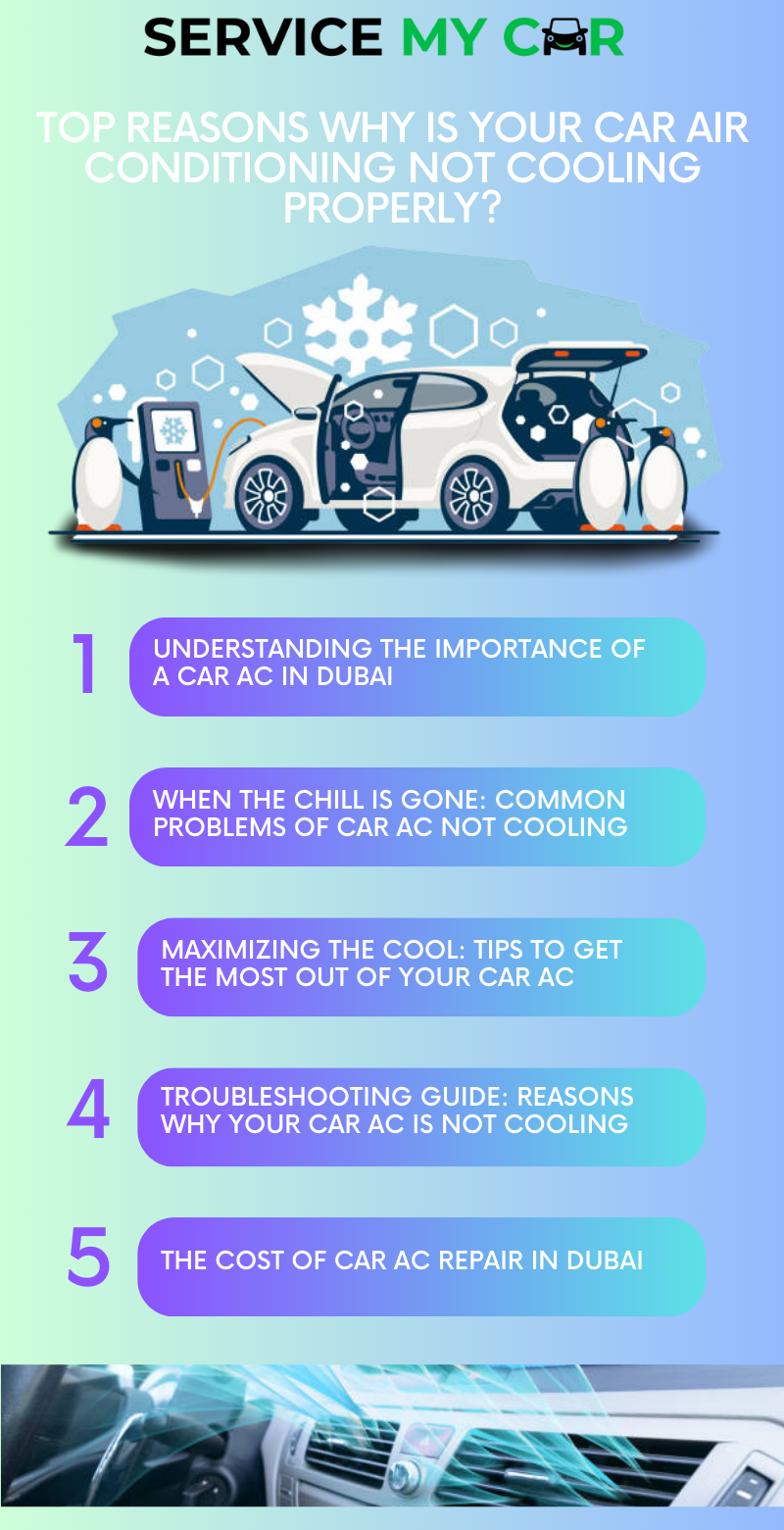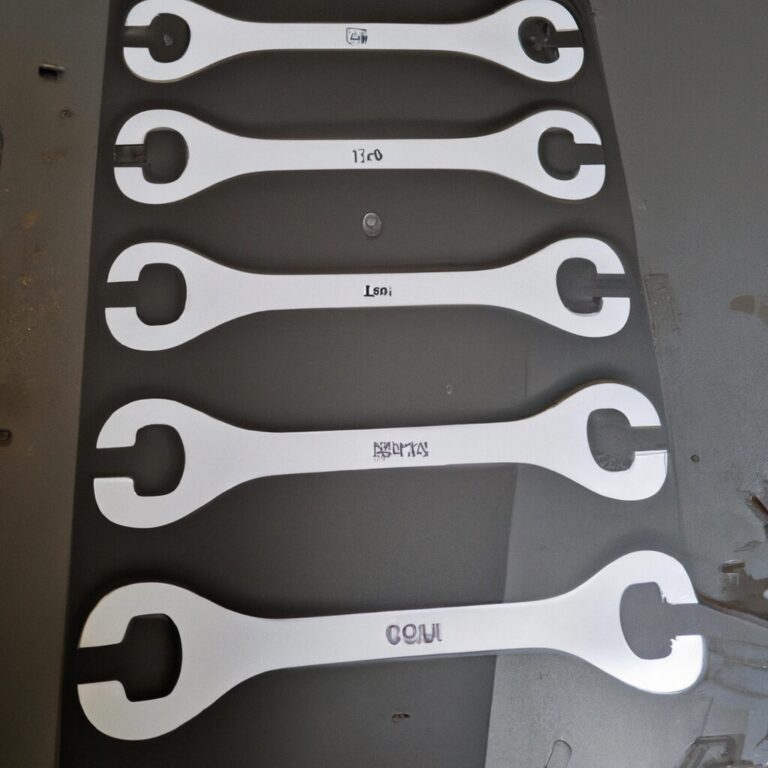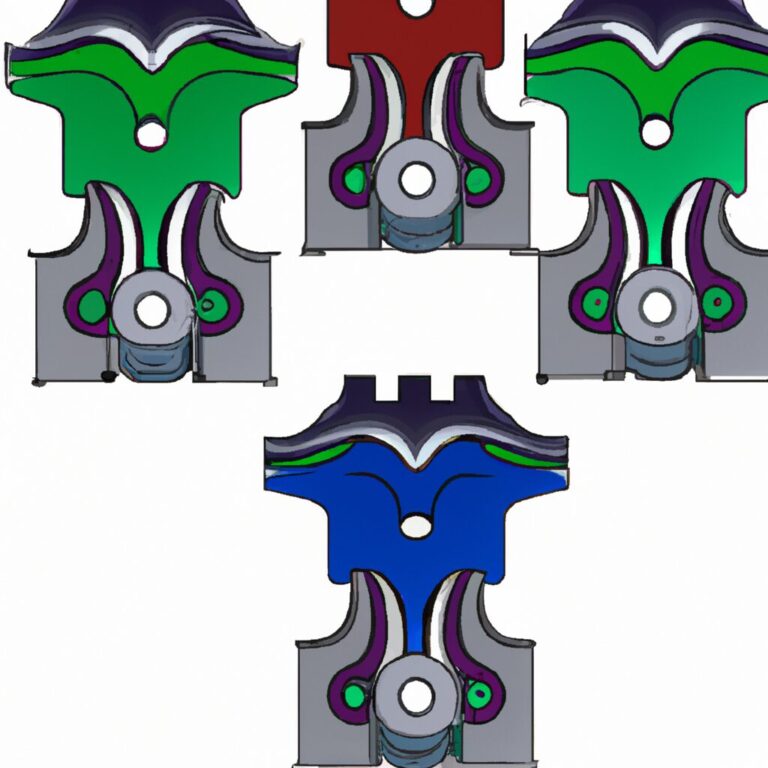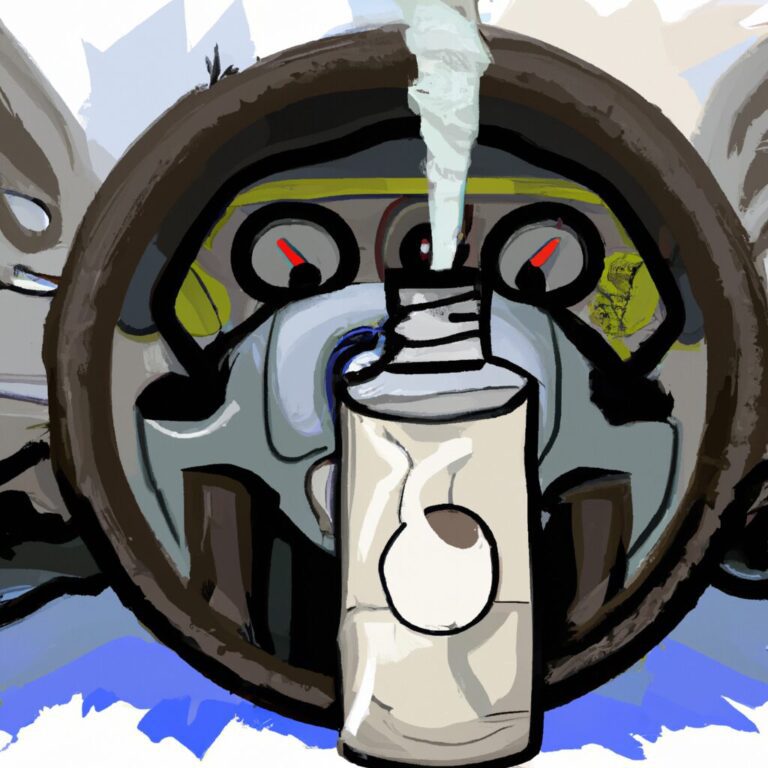How to Fix Car Air Conditioner Not Cooling
To fix a car air conditioner not cooling, check refrigerant levels and clean or replace air filters. Adequate maintenance ensures optimal AC performance.
A functioning car air conditioner makes driving comfortable, especially during hot weather. However, if your car AC is blowing warm air, it can be frustrating. Various factors could be causing this issue, such as low refrigerant levels or dirty air filters.
By following some simple steps and regular checks, you can troubleshoot and resolve the problem with your car’s air conditioner. We will discuss common reasons why your car’s AC may not be cooling and provide practical solutions to get it back to its optimal state.

Credit: m.youtube.com
Common Issues
Low Refrigerant
One of the most common reasons for a car air conditioner not cooling is low refrigerant levels. The refrigerant is responsible for absorbing heat in the system, and when it’s low, the air conditioning won’t be as effective.
Faulty Compressor
If the compressor of the car air conditioner is faulty, it won’t be able to circulate the refrigerant properly, resulting in inadequate cooling. This issue can often be identified by unusual noises coming from the compressor.
Dirty Condenser
A dirty condenser can hinder the heat transfer process, causing the air conditioner to blow warm air. Accumulated dirt and debris restrict airflow and make it difficult for the condenser to release heat from the refrigerant.
Blocked Air Vents
Blocked air vents can obstruct the airflow in the car’s interior, reducing the effectiveness of the air conditioning system. It’s essential to ensure that the vents are clear of any obstructions that could impede the flow of cold air.
Troubleshooting Steps
When your car air conditioner is not cooling properly, troubleshooting steps can help identify and resolve the issue. Here are some key steps to help you get your AC working efficiently:
Check Refrigerant Levels
- Use a pressure gauge to check if refrigerant levels are low.
- If levels are low, add refrigerant following manufacturer guidelines.
Inspect Compressor
- Ensure the compressor is functioning and not damaged.
- If compressor is faulty, consult a professional for repair or replacement.
Clean Condenser
- Remove dirt and debris from the condenser to improve airflow.
- Regularly clean the condenser to maintain optimal cooling efficiency.
Clear Air Vents
- Check for any obstructions blocking air vents.
- Clear any obstructions to ensure proper airflow throughout the car.
Recharging The System
In order to resolve a car air conditioner not cooling issue, recharging the system can greatly improve performance. Let’s walk through the process step by step.
Gather Necessary Tools
- Refrigerant Can
- Pressure Gauge
- Protective Gloves
Locate Service Ports
Find the low-pressure service port and high-pressure service port under the hood of your car.
Connect Refrigerant Can
Attach the hose from the refrigerant can to the low-pressure service port.
Recharge The System
- Start the car and turn the air conditioner to the maximum setting.
- Slowly release the refrigerant into the system.
- Monitor the pressure gauge to ensure proper levels.
- Once the system is fully charged, disconnect the hose.

Credit: medium.com
Professional Repairs
Professional repairs are often necessary to fix a car air conditioner that is not cooling effectively. Here are the essential steps to take to ensure your AC gets the professional attention it needs to function optimally again.
Finding A Reliable Mechanic
Finding a reliable mechanic is crucial for getting your car air conditioner back in shape. Ask for recommendations from friends or family, check reviews online, and ensure the mechanic is certified and experienced in handling car air conditioners.
If you’re unsure where to start, utilizing a trusted online platform can help you find reputable mechanics in your area.
Getting A Diagnostic Test
A diagnostic test will pinpoint the exact issues affecting your car’s air conditioner. This test will identify whether the problem lies with the compressor, refrigerant levels, or any other components. Once the problem is accurately diagnosed, your mechanic can proceed with the necessary repairs.
Repairing Or Replacing Components
Repairing or replacing faulty components is integral to restoring your car’s air conditioner. It’s essential to address any leaks, replace damaged hoses, and repair the compressor if needed. Your mechanic should use high-quality parts to ensure optimal performance and longevity of the repairs.
Testing The Repaired System
Once the components are repaired or replaced, the mechanic should thoroughly test the system to ensure that the air conditioner is functioning as it should. This involves checking the temperature of the air, the airflow, and ensuring there are no unusual noises coming from the system. Only when everything meets the required standards can you be sure that your car’s air conditioner is working efficiently once again.
Preventive Maintenance
Preventive maintenance is key to ensuring that your car’s air conditioner continues to cool effectively throughout the hot summer months. By taking a few simple steps to keep your air conditioner in top shape, you can avoid the frustration and discomfort of a malfunctioning unit. Here are some important preventive maintenance tips to keep in mind:
Regularly Check Refrigerant Levels
Checking and maintaining proper refrigerant levels is crucial for your car’s air conditioner to produce cool air. Low refrigerant levels can lead to poor cooling performance and can even cause damage to the compressor. To ensure that your refrigerant levels are within the recommended range, it is best to have them checked regularly by a professional. They can also identify if there are any leaks in the system that need to be addressed.
Keep Condenser Clean
The condenser is responsible for releasing heat from the refrigerant, allowing it to cool and circulate back into the car. Over time, the condenser can accumulate dirt, debris, and other contaminants, obstructing its optimal functioning. Regularly cleaning the condenser can help maintain its efficiency and prevent any blockages. Use a soft brush or compressed air to remove any dirt and debris that have built up on the condenser fins. Additionally, make sure that there is no foliage or obstructions blocking the airflow to the condenser.
Replace Air Filters
The air filters in your car’s air conditioning system play a crucial role in ensuring clean and fresh air circulation. Over time, these filters can become clogged with dust, pollen, and other particles, restricting the airflow and reducing cooling efficiency. It is recommended to replace the air filters as per your car manufacturer’s guidelines or at least once a year to maintain optimal performance and prevent any potential damage to the system.
Schedule Professional Inspection
Even with regular maintenance, it is always a good idea to schedule a professional inspection of your car’s air conditioning system. An expert technician can thoroughly assess the system, check for any leaks, ensure proper refrigerant levels, and identify any potential issues before they escalate. Investing in professional inspection and maintenance can save you from costly repairs down the line and keep your car cool and comfortable during the hot summer months.

Credit: m.youtube.com
Frequently Asked Questions Of How To Fix Car Air Conditioner Not Cooling
Why Is My Car Ac Running But Not Cooling?
If your car AC is running but not cooling, there could be several reasons like low refrigerant levels, a faulty compressor, or a clogged air filter. It’s important to have it checked by a professional to diagnose and fix the problem.
Why Is My Ac Running But Not Cooling?
Your AC may not be cooling due to dirty filters, low refrigerant, or a malfunctioning compressor. Check and replace filters, and schedule a professional inspection for refrigerant levels and compressor issues. Regular maintenance is crucial for optimal AC performance.
How Much Does It Cost To Recharge A Car Ac?
To recharge a car AC, it typically costs between $100 to $350 depending on the type of refrigerant used and labor fees.
Why Does My Car Ac Compressor Turn On But No Cold Air?
If your car AC compressor is on but no cold air, it could be due to low refrigerant levels. Have a professional inspect and recharge the system for optimal cooling performance.
Why Isn’t My Car Air Conditioner Cooling?
There are several reasons why your car’s air conditioner may not be cooling, such as low refrigerant levels, a clogged condenser, or a faulty compressor.
How Do I Check The Refrigerant Level In My Car Air Conditioner?
To check the refrigerant level in your car air conditioner, you will need a recharge kit with a pressure gauge. Attach the gauge to the low-pressure port and check the reading against the recommended level.
Can A Dirty Air Filter Cause The Car Air Conditioner Not To Cool?
Yes, a dirty air filter can restrict airflow and cause the car’s air conditioner to not cool properly. Regularly replacing or cleaning the air filter can help improve cooling performance.
Conclusion
Fixing a car air conditioner not cooling involves various potential causes and solutions. By understanding the common issues such as leaks, compressor problems, or refrigerant levels, you can effectively troubleshoot and address the problem. With regular maintenance and timely repairs, you can keep your car air conditioner running smoothly and efficiently.




